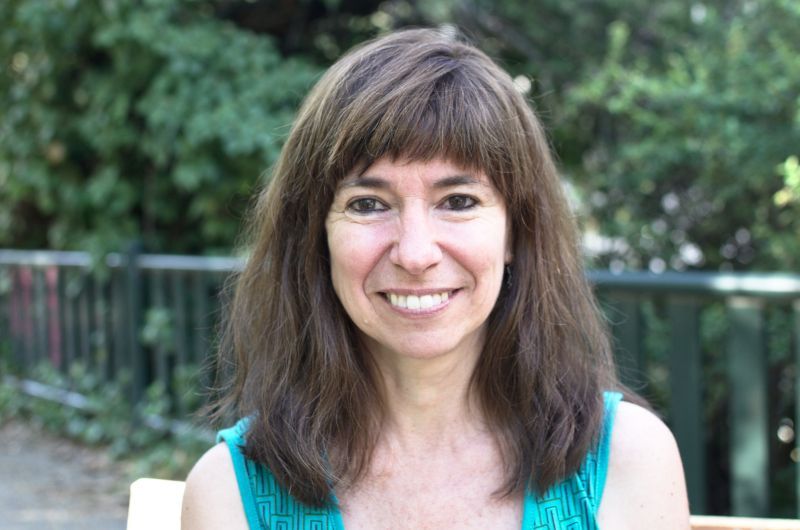26.09.2019 · Madrid (Spain)
Yayo Herrero. ACE Expert for EUROCLIMA+
Climate change is undoubtedly the most serious and urgent problem facing humanity as a whole at the moment.

Climate change directly affects the maintenance of globalised economies, as well as local economies, and directly affects the way in which life is sustained throughout the planet and in all places. Climate change is also at the heart of the deep economic crisis that many countries in many parts of the world are going through at the moment, and therefore directly affects the possibilities of maintaining decent living conditions for the majority of people. We are well aware that climate change also affects and impacts in a very unequal way depending on the class position one may occupy, as well as their gender and even their ethnicity. In other words, while it is obvious that climate change affects everyone, it is not so obvious that it affects everyone equally in all places and in all positions.
We know, and we are aware of the lines of work that should be tackled, i.e. reducing emissions, transition to renewable energies, decarbonisation of the economy... but we also know, although we tend to talk much less about it, that these transitions to renewable energies, to a decarbonised economy, involve using minerals from the earth's crust other than oil, other than carbon, other than natural gas, which are also finite and subject to depletion processes.
What we mean by this is that tackling climate change is not only a technological problem, it is not only an economic problem, it is also an ethical problem, it is also a problem of redistribution of wealth, it is also a problem of justice. Climate migrations, the processes of expulsion within the countries themselves and to third countries, have a lot to do with this process of habitat loss, but also with the process of extractivism that serves to maintain the globalised economy and that, if other redistributive measures are not taken, would also have to do with the process of transition, for example, to renewable energies or electric cars.
Therefore, tackling the problem of climate change, as we have said, is not a political problem, it is not a technical problem, it is also an ethical problem, and it is clearly a problem of education, a problem of awareness, a problem of participation, a problem of public awareness. In other words, in order to be able to tackle the radical changes and transformations that we need to make, we need social majorities, we need a professional fabric, a business fabric and a political fabric that is fully aware of the seriousness, that is fully aware of the elements that can help solve the crisis, and that are willing to tackle the radical changes in consumption styles and lifestyles that we need to make.
In this line, both at the Paris COP and before that, practically since the Rio Summit in 1992, ACE, i.e. Action for Climate Empowerment, has been a strategic line to follow, a strategic line that has nevertheless been weakened, or has been a little more obscured by proposals that had more to do with mitigation and adaptation, which are obviously fundamental and extremely important, but which in our opinion are difficult to implement if they are not accompanied by a change in cultural hegemony, with a change in consumption patterns, with a change in the patterns of what is understood as a good life, of what is understood as wellbeing.
Therefore, the commitment of the countries, the reliance on public policies and associations and the associative fabric for climate empowerment actions, are absolutely fundamental for tackling this problem which, as we have said, is the most serious and urgent problem facing humanity right now.
